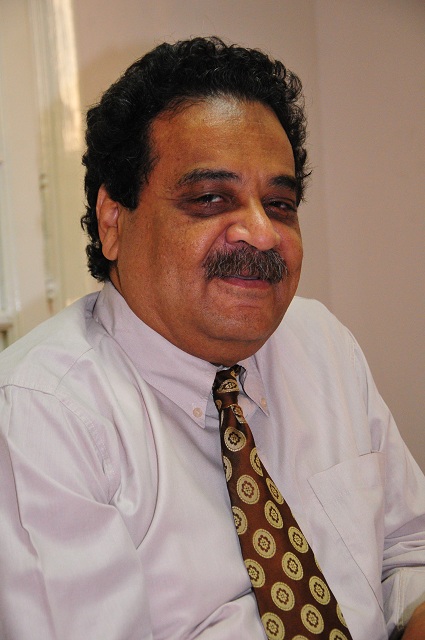
Egypt was subjected to several terrorist attacks in recent decades.
There is a strong indication that the implementing organizations claiming responsibility, Al-Gama’a al-Islamiyya or Jihad, could not have managed to execute their mission without help from inside. Various groups who could have helped them include outlaws, arms dealers, smugglers or outcasts. Al-Gama’a al-Islamiyya or Jihad could not have succeeded without supporting apparatuses. Fingers are pointed at intelligence agencies in several Gulf countries and in Libya, Sudan and Israel. It is alleged that these agencies offered money, experts or training directly or indirectly to the terrorist organizations.
In addition, many analysts believe that donations from several rich Arabs found their way directly or indirectly to terrorist organizations through charitable organizations which acted as fronts for them. Possibly they could also be moderate organizations with direct or indirect good relations with terrorist organizations.
Nevertheless, the most important terrorism supporting apparatuses cannot be the intelligence agencies or deceptive charitable donations. It was rather the atmosphere of extremism and fundamentalism, created by religious groups. Those religious groups are allegedly moderate and operate legitimately or semi-legitimately. The atmosphere yielded thousands of extremist youth with an aptitude for recruitment by terrorist groups. So what more than this do the terrorist groups need? Extremist youth, high financing, training, high technical experiences and even a sympathetic atmosphere with a number of or all the terrorist attacks.
Rafah’s operation enjoyed all the mentioned success factors. It even enjoyed other exceptional factors. The extremist atmosphere has exponentially prevailed in the last decade, and extremism has generally gained some sort of legitimacy after the Muslim Brotherhood (MB) lead the political scene. Moreover, in the framework of the state’s coalition with political Islam more than once in recent decades, Egyptian security services employed extremists and used tunnels to smuggle provisions and weapons from Egypt to Gaza. According to tactics of daily politics, the smuggling was purposed to place pressures on Gaza one time and Israel another time. However, extremists as well as tunnels got out of control.
Given Hamas’s control over Gaza Strip, extremism flourished, Hamas’s limit expanded, and groups of more extremism and radicalism appeared. Hamas did not consider the appearance of groups as harmful, because in their perspective they are “Brothers of Jihad” or companions of striving in the way of God. Hamas was trying to use those extremist groups the same way regimes and states tried using Hamas, MB and Taliban.
Tunnels and extremist groups got out of security services control in Sinai the same way extremist and terrorist groups got out of Hamas’s control in Gaza. 1600 to 5000 armed extremists of different nationalities wander in Sinai, and they logistically supported by extremist groups in Gaza. These groups are not only supported by Hamas, but also several Gulf countries and/or rich Arabs, directly or indirectly via Hamas and/or charitable or religious groups.
Amidst this atmosphere, a terrorist attack the size of Rafah’s crime was made possible, supported by the light military presence in Sinai, which in itself needs a pervasive analysis for its causes.
Hamas’s participation, complicity or awareness does not matter because it is certain and important to know that Hamas did not only know about groups targeting the Egyptian army and consider it atheist. However it supported and protected those groups which could have not operated without support and protection. Scanning Gaza to find the executors or direct supporters, as several newspapers stated, does not drop Hamas’s direct or indirect responsibility. This responsibility in turn does not exempt forces which implanted and cultivated extremism.
Security services supported and allied with those forced for long periods of time. Given this analysis, implementing the apparatus’s insignificant organization included merely several tens of hundreds of ignorant desperate youth. However, the success behind this operation was the cooperation of various efforts of great forces. Metaphorically, these forces implanting extremism and providing support may have pushed this insignificant organization to execute this operation. Therefore the suspects must be punished, not only those who executed, although I insist that they be punished.
Is it possible to punish all of those who, either by action or inaction, created the atmosphere which allowed these events to take place? If the intention, desire and willpower to punish all suspects exist, will there still be a possibility for similar crimes to occur? Or did things change after Rafah’s operations? To answer these and other questions, we need to take another look at the future possibilities in light of the current accomplishments, not only in Sinai, but also in Cairo.


